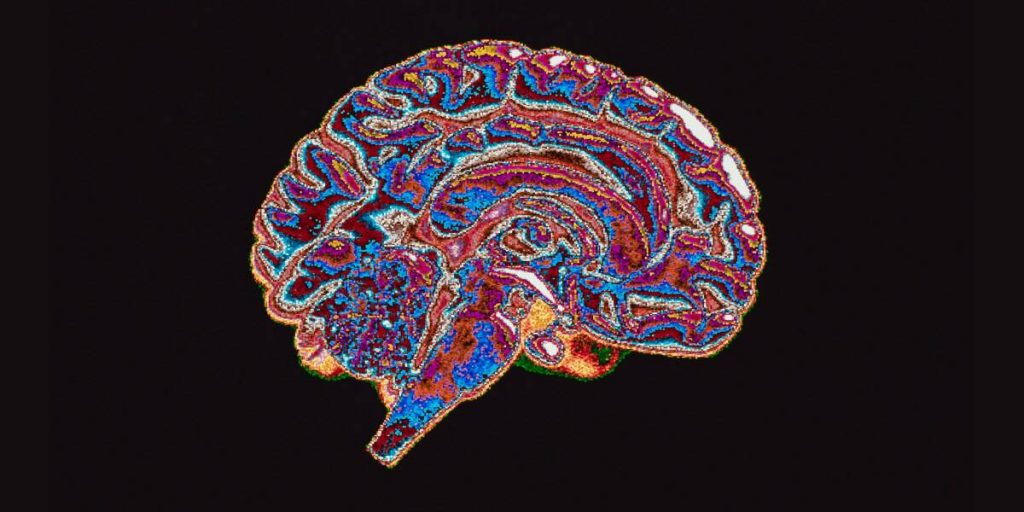
A piece by David McGrogan on January 3rd implies surprise at the alacrity with which the British public has acquiesced to lockdown and suggests that sceptics embrace some of the more emotive strategies of lockdown proponents.
Dr McGrogan is not alone if he was unprepared for this complicity: even one of lockdown’s principal architects, Prof. Neil Ferguson was surprised that Western Governments could “get away with” national lockdowns. Yet the roots of blind societal compliance in the UK surely have several components, some of which have been hidden in plain sight. The impact of disinformation has been compounded by a woeful lack of scientific literacy among Parliamentarians. This may in part explain the paucity of due process and failure of legislative oversight, for example in appointing members of SAGE, or not having it publicly audited. The ex cathedra pronouncements of SAGE may have produced unchallenged fear that has prevented un-whipped Parliamentary votes at key points in this unfolding saga. Without full and disinterest deliberation, a balanced policy approach seems unlikely, and that has turned out to be the case. The general population may be forgiven for feeling secure, a mood fostered by the comfort of recent decades and Government borrowing to cushion the economic down-side of lockdown. It has been egged on by a lamentably unquestioning and complicit main stream media. The emergent pro-lockdown, pro-vaccine Zeitgeist has produced a morality of convenience and hostility towards those who would rock the boat.
In as much as these are contributory factors, they cannot readily be undone by a single campaign alone. Appealing to emotions to advance the anti-lockdown case may have a place, and those who agree should pursue it. Two cheers! Yet doing so should not be justified simply on the grounds that this is what the ‘other side’ is doing and they are ‘winning’.
And as much as this is a competition (we’re really all in this mess together), it is not a sprint but more of a marathon. The ‘winner’ – or side that loses least – will be determined by the manner in which the Covid crisis intersects with externalities, particularly the economy. The outcome is too soon to call at this point. It is not fanciful to think that the mood of the country will change once furlough benefits stop, accompanied by rising unemployment due to the destruction of businesses.
If it vanishes at all, the new Covid morality is unlikely to do so in a puff and different agencies may seek to sustain it. However, attempts to corrupt information with this in mind should be rebutted by the steady provision of information that is accurate. The application of reason to this information is also indispensable and contributors to this site have done an excellent job as far as I can tell. Conveying high quality information is not mutually exclusive to other approaches and the way we do this will surely evolve. Ever more effective communication of good data and correct analysis will aid the general media, for which the picture is not all bleak; there have been glimmers of candour and accuracy in the media that are dissonant with received narrative. A large minority of MPs already object to lockdown, and does anyone seriously think that this number is set to dwindle, rather than grow, as the fruits of lockdown, economic collapse, reveal themselves in their constituencies?
- A blend of germane and accurate information with accessible emotional ‘punch’ might be enhanced by a go-to web page to complement the work of Toby et al. here. It could be a home page providing a snapshot and ticker by listing:
- number of confirmed cases of Covid over last 12 months (graphic based on ONS/NHS stats)
- a contemporary comparator of lateral flow (i.e. antigen) testing vs PCR (ticker; official stats available?)
- ICU occupancy over last six months up to present, with same for previous three years (graphic; NHS stats)
- composition (disciplines) of SAGE (pie chart). e.g. mathematicians [7/85?], moral philosophers [0?], molecular biology PhDs [?], legal experts [?], ethicists [0?], clinical immunologists [0?], etc.) (uk.gov plus research)
- cost to UK economy since first lockdown: £ borrowing [£FX since Brexit], businesses bust; suicides [vs recent years]; extra ‘collateral’ death; lost education (metric?) (ONS/NHS stats where possible)
- number of debates (free votes) in Parliament (0)
I’m confident that there are better or additional ways to convey key information at a glance but hope this illustrates the point. The community ‘represented’ by the lockdown sceptics site is providing an important and effective information service at a time of otherwise destructive disinformation. I hope it continues, and can adapt and anticipate the next pretext for undermining personal sovereignty and the unaccountable promotion of economic hazard.
The author is a Professor of Biology and Biochemistry.













Donate
We depend on your donations to keep this site going. Please give what you can.
Donate TodayComment on this Article
You’ll need to set up an account to comment if you don’t already have one. We ask for a minimum donation of £5 if you'd like to make a comment or post in our Forums.
Sign UpBut What Would a Sceptic Have Done?
Next PostLatest News